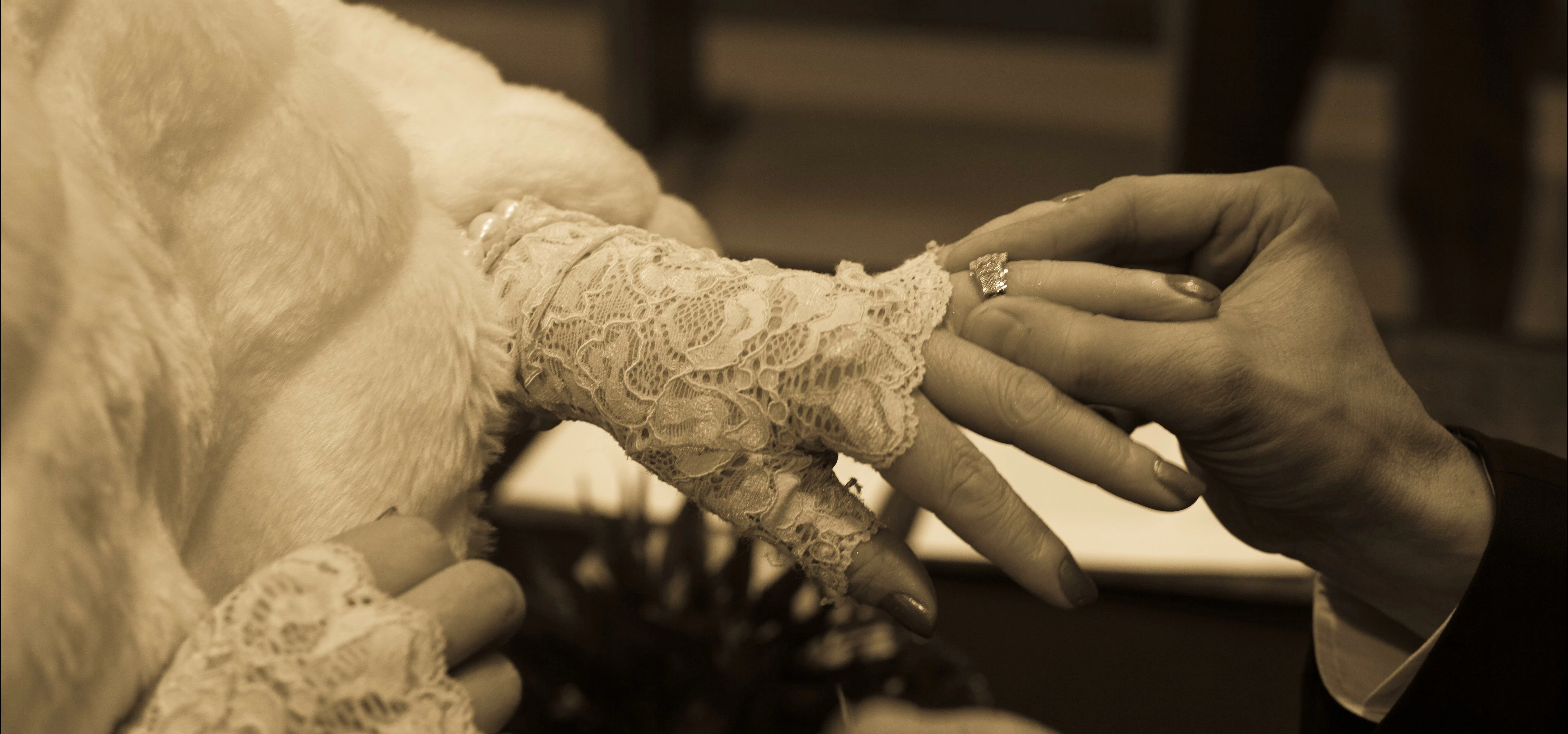
Partner Article
Protecting your marital assets - the increased popularity of post nuptial agreements
By Vanessa Fox, partner and family lawyer at hlw Keeble Hawson
The sharp rise in the number of South Yorkshire couples seeking post nuptial agreements in the last year reflects the turbulent and changing financial landscape that many have recently faced.
A ‘post nup’ is a contract that is drawn up after a couple has married or formed a civil partnership and details how their assets and property should be split if they divorce, separate or upon death. The agreement is similar to a pre nuptial arrangement in all respects except that is made following the marriage or civil partnership, rather than ahead of it.
Couples seek a post nup for many reasons - they may have been unaware of pre nuptial agreements before they married or been unable to arrange one. Perhaps they had an informal agreement drawn up without legal advice, their circumstances have changed, one of the couple stands to inherit property or money or they have additional considerations not thought about previously.
The increasing popularity for post nups is most marked amongst older couples.
This may be because they are more likely to be asset rich and concerned about protecting their share in any division of property, or are already in a marriage or partnership rather than considering entering one. In addition, planning for the future tends to figure higher on a person’s list of priorities as they age.
Older couples may also be reacting to policy changes that have wrought seismic changes in personal finances. The most recent being the pension reform that allows anybody over 55 to take their pension allowance as cash rather than as an annuity. For a generation of stay at home wives, this raises the spectre of their partner blowing the lot “on a Lamborghini” as pensions’ minister, Steve Webb, suggested last year.
A post nup would certainly make it more likely that they see a share of their spouse’s pension. Many lower earning males or ‘house husbands’ whose partners are well paid career women could also find themselves similarly protected.
Neither pre nor post nuptial agreements are legally binding and courts do not always uphold them, however, they often do enforce the arrangements and the government is considering the Law Commission’s recommendation last year that they should be defined and recognised in legislation.
Such recognition would mean that couples in England and Wales could legally agree the terms of any future divorce or split before or after a wedding or civil ceremony. By doing so, the Commission hopes to make the law clearer and more accessible to anyone who might benefit.
Before obtaining a post nuptial agreement, couples should discuss at length what each would like from the contract and agree on how they will split their joint assets and debts, taking into account any future income or likely gifts and inheritances.
If there is a dispute or points of difference between them, it is highly advisable to try to resolve them via mediation before going ahead.
For any agreement to stand up in court, both parties should have received independent legal advice before committing to it. This will demonstrate that they really do want to sign up and that their decision to do so is an informed one, following consultation with a qualified family lawyer.
Just as a marriage adapts and changes through the years, so does a couple’s financial responsibilities, assets and interests. Contrary to what some may believe, requesting a post nuptial agreement does not have to be an indication that there is an issue in the marriage, but rather, it can be a well conceived and thought through move that can provide clarity and focus for both parties involved.
This was posted in Bdaily's Members' News section by hlw Keeble Hawson .
Enjoy the read? Get Bdaily delivered.
Sign up to receive our popular Yorkshire & The Humber morning email for free.








 Navigating the messy middle of business growth
Navigating the messy middle of business growth
 We must make it easier to hire young people
We must make it easier to hire young people
 Why community-based care is key to NHS' future
Why community-based care is key to NHS' future
 Culture, confidence and creativity in the North East
Culture, confidence and creativity in the North East
 Putting in the groundwork to boost skills
Putting in the groundwork to boost skills
 £100,000 milestone drives forward STEM work
£100,000 milestone drives forward STEM work
 Restoring confidence for the economic road ahead
Restoring confidence for the economic road ahead
 Ready to scale? Buy-and-build offers opportunity
Ready to scale? Buy-and-build offers opportunity
 When will our regional economy grow?
When will our regional economy grow?
 Creating a thriving North East construction sector
Creating a thriving North East construction sector
 Why investors are still backing the North East
Why investors are still backing the North East
 Time to stop risking Britain’s family businesses
Time to stop risking Britain’s family businesses